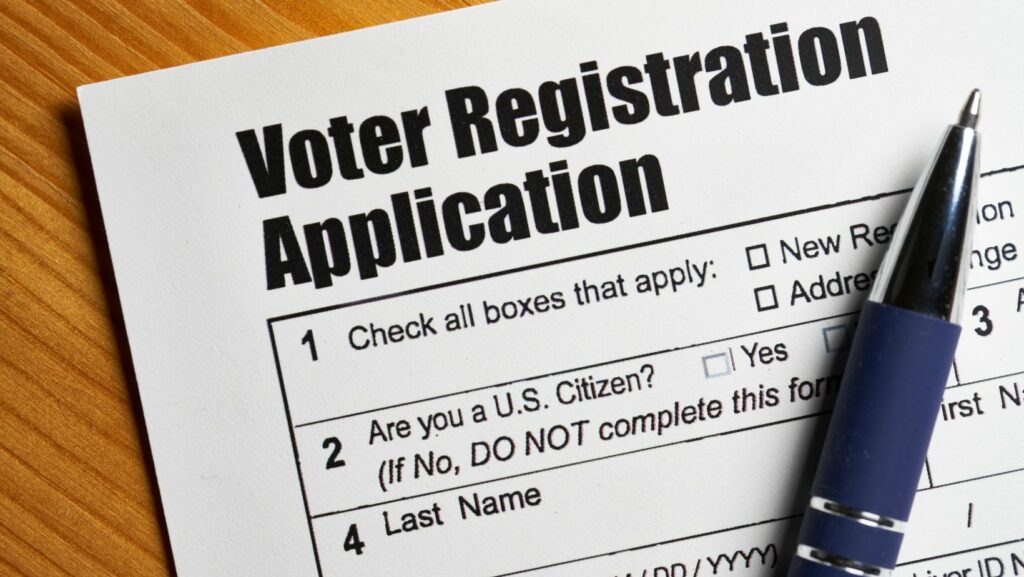In the heart of Texas, a state rich with cultural diversity, Latino Texans form a significant portion of the population. Yet, despite their growing numbers, voter turnout among this community remains surprisingly low. Understanding the factors behind this trend is crucial, not only for political analysts but also for policymakers aiming to boost civic engagement.
 Several elements contribute to this phenomenon, ranging from socio-economic barriers to systemic challenges within the electoral process. Language barriers, limited access to reliable information, and the feeling of disenfranchisement can deter many from heading to the polls. Additionally, logistical hurdles such as voter ID laws and limited polling locations in predominantly Latino areas further complicate participation.
Several elements contribute to this phenomenon, ranging from socio-economic barriers to systemic challenges within the electoral process. Language barriers, limited access to reliable information, and the feeling of disenfranchisement can deter many from heading to the polls. Additionally, logistical hurdles such as voter ID laws and limited polling locations in predominantly Latino areas further complicate participation.
Exploring these factors sheds light on the broader issue of voter engagement and highlights the need for targeted strategies to empower Latino Texans. Addressing these challenges could pave the way for a more inclusive and representative democratic process in the Lone Star State.
What Are Some Factors That Contribute To Low Voter Turnout Among Latino Texans?
Socio-Economic Barriers
Economic hardships often prevent Latino Texans from voting. Long working hours and lack of paid leave restrict opportunities to visit polling stations. In communities with high poverty rates, transportation costs further deter voter participation.
Language Difficulties
Many Latino Texans face challenges with English proficiency. This language barrier complicates understanding voting materials and processes. Bilingual resources are limited in many regions, creating confusion and reducing turnout.
Limited Access to Information
Access to voting information in Latino communities is frequently inadequate. Official resources and communications are often not tailored to these populations. Consequently, misinformation or lack of information can curtail voter engagement.
Sociopolitical Barriers
Sociopolitical barriers significantly impact voter turnout among Latino Texans, with language and cultural challenges and disenfranchisement policies playing crucial roles.
Language and Cultural Challenges
 Language and cultural challenges complicate voting processes for Latino Texans. Many face difficulties understanding voting materials due to limited proficiency in English. Multilingual resources are scarce, leading to confusion. Cultural norms may also discourage political participation, as some view voting as irrelevant or untrustworthy due to historic exclusion from the political system.
Language and cultural challenges complicate voting processes for Latino Texans. Many face difficulties understanding voting materials due to limited proficiency in English. Multilingual resources are scarce, leading to confusion. Cultural norms may also discourage political participation, as some view voting as irrelevant or untrustworthy due to historic exclusion from the political system.
Disenfranchisement policies create obstacles that dissuade voting. Strict voter ID laws disproportionately affect Latino Texans, many of whom lack the state-issued identification required to vote. Additionally, gerrymandering dilutes the political power of Latino communities, reducing motivation to participate. These policies contribute to feelings of alienation and disenfranchisement, undermining trust in the electoral system.
Economic and Educational Factors
Economic and educational challenges significantly impact voter turnout among Latino Texans.
Educational Attainment
Low educational attainment among Latino Texans correlates with reduced voter participation. Higher education levels often increase political awareness and engagement. According to the U.S. Census Bureau, only about 17% of Latinos in Texas hold a bachelor’s degree or higher, limiting access to important civic information. This educational gap hampers understanding of complex voting processes and diminishes participation.
Trust in Government
Distrust in government institutions influences voting behavior. Historical disenfranchisement and negative experiences foster skepticism among Latino Texans. If government initiatives appear unsupportive or discriminatory, voter engagement declines. This trust deficit, perceived or real, deters registration and voting, perpetuating low turnout.
Limited representation in political positions discourages participation. Latino Texans often see few leaders who reflect their communities, creating a disconnect with political processes. Underrepresentation in elected offices leads to policies that don’t address their specific needs, reinforcing disenfranchisement and reducing motivation to vote.
Community Engagement and Outreach
 Addressing low voter turnout among Latino Texans requires a multifaceted approach focused on community engagement and outreach. By enhancing access to bilingual resources and promoting voter education, communities can empower individuals to navigate the electoral process more confidently.
Addressing low voter turnout among Latino Texans requires a multifaceted approach focused on community engagement and outreach. By enhancing access to bilingual resources and promoting voter education, communities can empower individuals to navigate the electoral process more confidently.
Encouraging civic involvement through grassroots initiatives and fostering trust in government institutions are crucial steps toward overcoming historical disenfranchisement. Additionally, increasing representation of Latino leaders in political positions can bridge the disconnect and inspire greater participation. Through targeted efforts that acknowledge and address these complex challenges, stakeholders can work towards a more inclusive and robust democratic process in Texas.



